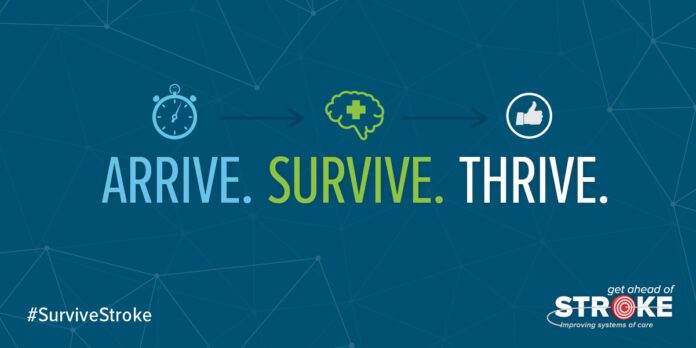Race, in combination with other factors, predicted how quickly individuals with stroke got to stroke centers to receive necessary neuroendovascular stroke surgery (or thrombectomy), according to research presented at the Society of NeuroInterventional Surgery’s (SNIS) 18th Annual Meeting. Thrombectomy is a minimally invasive procedure that uses a catheter to reopen blocked arteries in the brain. The faster patients who need this surgery receive it, the better their chances are of avoiding death or long-term disability from stroke.
The study, “Disparities in Stroke: Influence of Socioeconomic Status and Race on Timely Access to Mechanical Thrombectomy,” reviewed data for 305 patients collected between 2016 and 2020 to find out how factors including race, socioeconomic status, health insurance coverage and driving distance to a stroke center influenced how quickly individuals were able to receive needed stroke surgery.

In the study, authors measured the time between each patient’s stroke onset and the beginning of surgery, with a focus on the time from onset to arrival at the hospital. The researchers found that race was among the predictors for how quickly patients made it to a stroke center, which impacts how quickly they can have surgery. Other factors included driving distance, the patient’s stroke severity level and whether a patient discovered the stroke symptoms upon waking. (The authors found that income, age and gender were not predictors for timely access to care among this group of patients.)
“Your race, ZIP code or socioeconomic status should not determine whether you make it home from the hospital after a stroke,” said Ricardo Hanel, MD, PhD, lead author on the study and an endovascular neurosurgeon and co-medical director of the Baptist Stroke & Cerebrovascular Center in Jacksonville, Florida. “This study shows that equity of access to care is critically important in achieving excellent outcomes for all.”
Feature image credit: Society of NeuroInterventional Surgery






